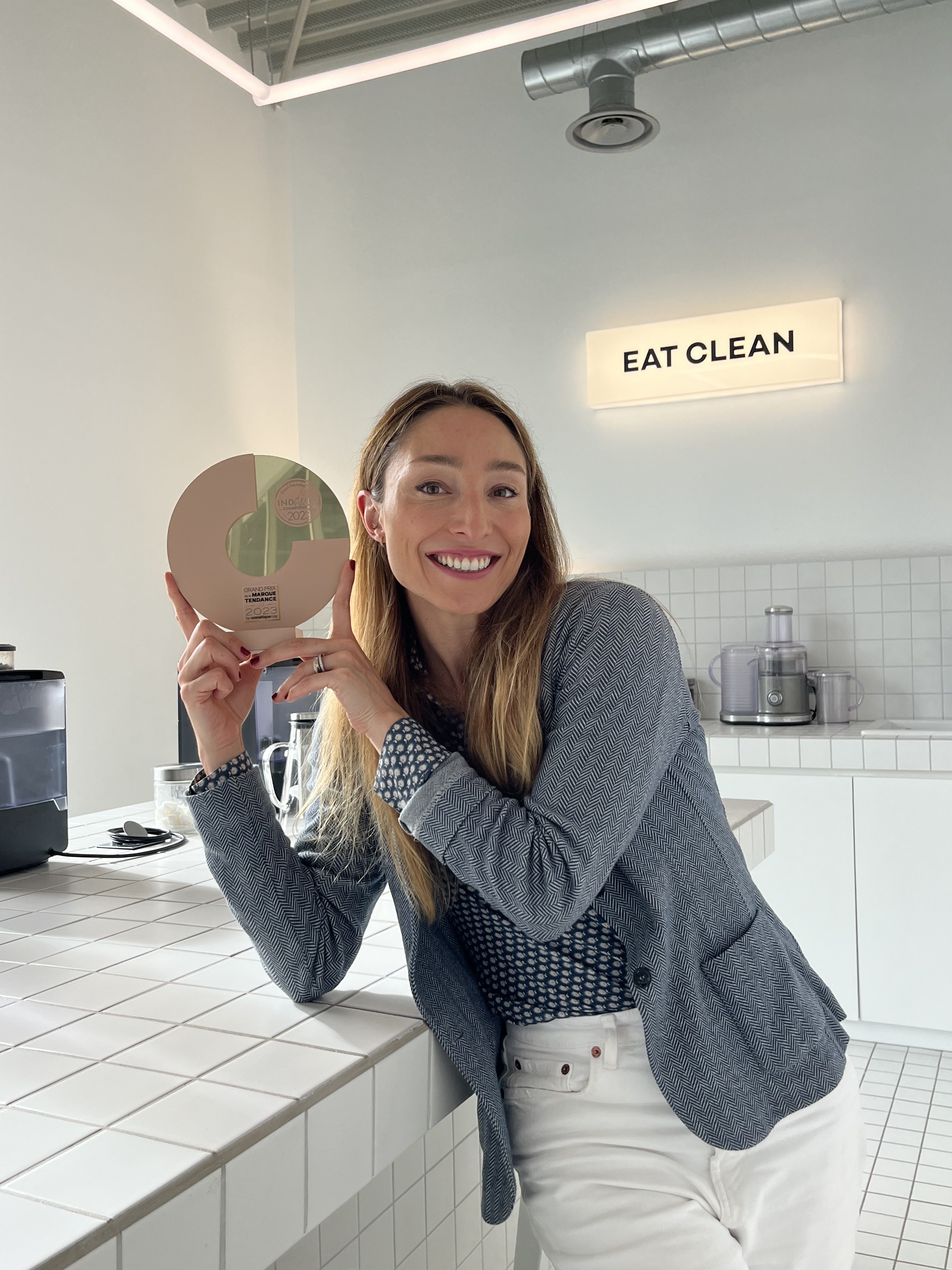Entrepreneurship with Fleur Phelipeau, founder of D-Lab Nutricosmetics

From the idea to success, passing through the business model, the path of entrepreneurship is filled with obstacles. To understand and draw inspiration from the experiences of others, HEC Stories chose to converse with key players in the vibrant world of beauty, where our alumni are flourishing. After Flore des Robert, co-founder of La Bonne Brosse, Ning Li (H.06), the founder of Typology, and Aroma-Zone CEO Sabrina Herlory (H.02), we continue this series of Dos & Don’ts with Fleur Phelipeau (H09), founder of the D-Lab Nutricosmetics group. With over 200 products gathered under 3 entities, this entrepreneur launched her brand in 2012, pioneering in nutricosmetics.
1. Define Your Idea
Start with a theme or even a problem, and let the idea be broad. You can refine it later. Then, put it to the test! Talking about it with people around you is good, but these individuals might not necessarily be your future consumers. Furthermore, you shouldn’t always believe people when they say they will buy. The act of purchasing is crucial; everything needs to align.
2. Build a Business Model
Here, you need to be very specific and delve into details. I would even add that it should be somewhat inventive. Ask yourself how you’ll revolutionize the sector because reality will catch up with you quickly. You might want to change or skip a step. In my case, it could involve using generative 3D or replacing certain intermediaries with AI. In other words, think ahead.
3. Make the Most of Your Campus Years
I remember hearing that supply chain is a highly creative profession! Indeed, there is a lot of inventiveness involved. It can range from inventory management to sourcing components to create the product. Supply chain management requires a great deal of creativity.
4. Choose Between Going Solo or Teaming Up
For me, it was a solo journey. I was certain about what I wanted to do. When you pair up with partners, it’s not easy to find compromises and commit to a shared timeline. In my case, the product I wanted to create is deeply connected to my personal history. [Editor’s Note; When she was a child, her father bought the company that manages spas, mineral water, and hotels in the city of Vichy. Moving between Paris and this spa town, Fleur spent part of her youth at the Célestin spa, the Eden for wellness enthusiasts.]

5. Handling Failures
I like to address them immediately. I analyze and make changes. Sometimes these failures are related to human or organizational aspects. We might restructure and redistribute responsibilities.
6. Knowing When to Scale
For me, everything has to be ready on all fronts and stable enough to establish something very robust. I don’t run a campaign until we are internally well-structured, capable of managing the repercussions, and sustaining growth spikes. Otherwise, it’s futile.
7. Expanding
For some, it might involve collaborations. For us, it happened with Birdie, our group’s sister company. D-Lab embodies the philosophy of SPA Célestin, of guarantee for quality, and nothing there should deviate from this precise standard. With Birdie, we have the space to express joy and indulgence.
Bonus: Advice for HEC’s Young Entrepreneurs
When you graduate from HEC, you should be savvy enough to start, and you have the potential to succeed. Will I manage to raise funds? That’s not the main issue. What’s most important is to know what you want and where you set your success criteria. Do you want to advance science, change mindsets, or make all technologies accessible with open source? Being aligned with yourself from the beginning is crucial, and everything will be much simpler.

Published by Daphné Segretain

